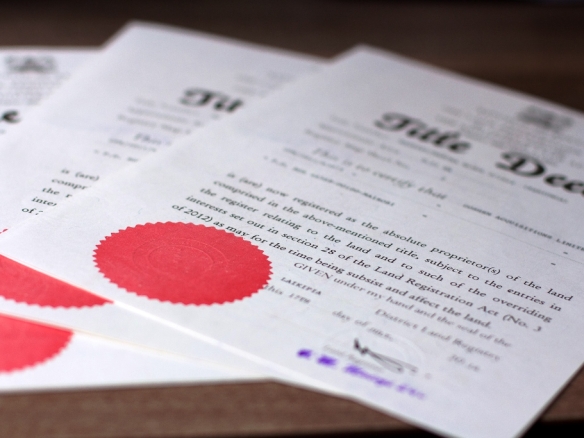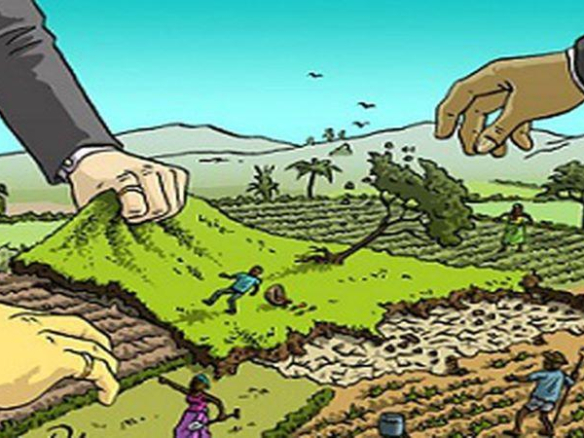🧾 Key Property-Related Taxes in Kenya & Their Impact
Taxes significantly impact the real estate market in Kenya—both in terms of property values and investment decisions. Here’s a breakdown of the main taxes related to property in Kenya and how they affect valuation and buyer/seller behavior.
1. Capital Gains Tax (CGT)
Overview:
- Charged on profits made when a property (land or building) is sold or transferred.
- Current rate: 15% of the net gain (effective from Jan 2023, previously 5%).
Impact on Property Values:
- May lead to higher asking prices, as sellers try to pass on the cost to buyers.
- Can discourage quick resale or flipping of properties, especially in speculative markets.
- In areas with fast-rising property prices (e.g., Nairobi, Kiambu), CGT becomes a major factor in deal structuring.
Exemptions:
- Transfers to immediate family members.
- Property occupied by the owner for more than 3 years.
- Agricultural land outside municipalities (below 50 acres).
2. Stamp Duty
Overview:
- Paid by the buyer when property ownership is transferred.
- Rate:
- 4% of the property value in urban areas.
- 2% in rural areas.
Impact on Property Values:
- Increases the total acquisition cost for buyers.
- Can reduce affordability, especially for first-time buyers and low-income earners.
- May slow down property transactions during economic downturns or tight credit conditions.
Consideration:
- High stamp duty in prime urban areas may suppress demand, indirectly affecting property values over time.
3. Annual Land Rates
Overview:
- Paid to county governments (e.g., Nairobi City County).
- Based on unimproved site value of the land, determined periodically by government valuers.
Impact:
- High land rates can discourage holding undeveloped land, especially in urban centers.
- Influences investor behavior, as holding costs affect ROI.
- Areas with high land rates may see downward pressure on prices if demand softens.
4. Land Rent
Overview:
- Paid annually to the national government for leasehold properties.
- Not applicable to freehold land.
- Based on terms of the lease agreement (typically 99 or 33 years).
Impact:
- Adds a recurring cost to leasehold property ownership.
- May reduce buyer preference for leasehold over freehold, indirectly affecting land valuation.
5. VAT (Value Added Tax)
Overview:
- Charged at 16% on the sale of commercial properties and rental income over KSh 5 million annually.
- Not applicable to sale of residential properties, but VAT is included in the cost of construction materials.
Impact:
- Can increase prices of commercial properties and high-end rentals.
- Developers may pass the VAT cost to buyers/tenants, affecting market pricing and demand.
📉 Summary of How Taxes Affect Property Values in Kenya
| Tax Type | Effect on Property Value/Market |
|---|---|
| Capital Gains Tax | Sellers adjust prices upward to cover tax, may discourage speculation |
| Stamp Duty | Increases cost for buyers, lowering affordability |
| Land Rates | High rates affect holding costs and reduce demand for undeveloped plots |
| Land Rent | Affects preference for leasehold properties and influences land value |
| VAT | Raises commercial and rental property prices, particularly in high-income markets |
👥 Market Behavior Influenced by Taxes
- Developers may shift to smaller units or affordable housing to minimize tax burden.
- Buyers might seek off-plan properties or rural plots to avoid certain taxes.
- Investors consider tax-efficient strategies such as REITs or long-term holding.




Join The Discussion